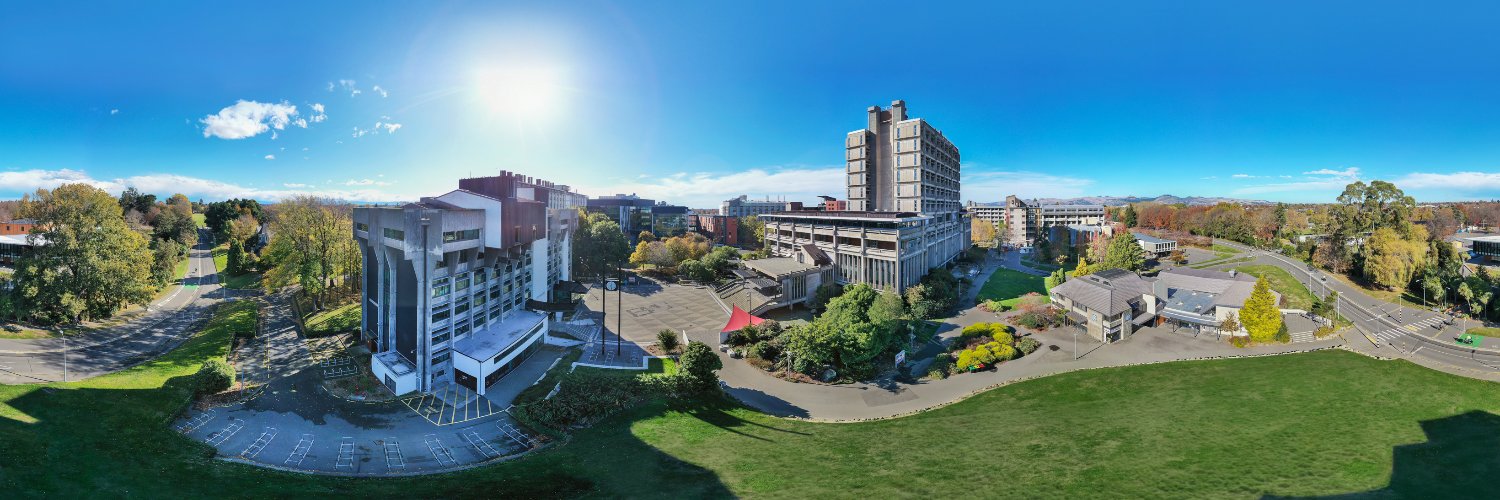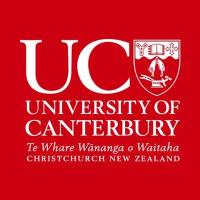Master of Disaster Risk and Resilience
The United Nations defines a disaster as a disruption of social and community function, involving so many losses and destructive impacts that affected communities and regions are unable to cope using their own resources. Global efforts to reduce the impacts of disasters over the last decade have failed to keep up with growing exposure of people and assets to natural and other hazards, which is generating new risks and a steady rise in disaster-related losses. To reverse this trend, UN member nations ratified the Sendai Framework for Disaster Risk Reduction in 2015.
The Sendai Framework calls for a broader, more people-centred, preventative approach to disaster risk reduction, in which communities, government and private sectors, civil society organisations, academia, and research institutions work together to build resilience and develop collaborative disaster risk reduction practices.
This Professional Master’s degree provides an introduction to this rapidly evolving interdisciplinary field.
Campus Information
Ilam Campus
The University has a main campus of 76 hectares (190 acres) at Ilam, a suburb of Christchurch about 5 kilometres (3.1 mi) from the centre of the city.
Intakes
- Feb Deadline: Dec
- July Deadline: May
Application Processing Time in Days: 20
Application Process
Minimum English Language Requirements
| English Level Description | IELTS (1.0 -9.0) | TOEFL IBT (0-120) | TOEFL CBT (0-300) | PTE (10-90) | |
|---|---|---|---|---|---|
| Expert | 9 | 120 | 297-300 | 86-90 | |
| Very Good | 8.5 | 115-119 | 280-293 | 83-86 | |
| Very Good | 8 | 110-114 | 270-280 | 79-83 | |
| Good | 7.5 | 102-109 | 253-267 | 73-79 | |
| Good | 7 | 94-101 | 240-253 | 65-73 | |
| Competent | 6.5 | 79-93 | 213-233 | 58-65 | |
| Competent | 6 | 60-78 | 170-210 | 50-58 | |
| Modest | 5.5 | 46-59 | 133-210 | 43-50 | |
| Modest | 5 | 35-45 | 107-133 | 36-43 | |
| Limited | 4 | 32-34 | 97-103 | 30-36 | |
| Extremely Limited | < 4 | < 31 | < 93 | < 30 |
Job Opportunity Potential
MDRR graduates are in a position to choose between proceeding into funded doctoral programs, or pursuing careers in disaster reduction, risk assessment, hazard assessment, and environmental management and consulting, as well as in local and regional government.
Graduates have found work in consultancies locally and internationally, in NZ Crown Research Institutes, in the Ministry for Civil Defence and Emergency Management, in regional Civil Defence and Emergency management Groups, and in the private sector.
PSW Opportunity
- During study, all students on a student visa can work up to 20 hours per week during semester and full time during vacations.
- After completing Level 7 Bachelor’s Degree or Higher Qualification, a student will get a three years open post-study work visa.
- After completing Level 8 Post Graduate courses of 1 year, students get 1 year PSW.
Admission Requirement / Eligibility Criteria
Academic entry requirements
Every student for the Master of Disaster Risk and Resilience (MDRR), shall have:
- a bachelor's degree which is relevant to Disaster Risk and Resilience, normally with a B Grade Point Average or higher in the final year; and
- 15 points from STAT 100-level courses, or equivalent.
Note: This prerequisite may be waived at the discretion of the Programme Coordinator.
- Course Type: Full Time
- Course Level: Masters/PG Degree
- Duration: 01 Year
-
Total Tuition Fee:
54750 NZD
Annual Cost of Living: 20000 NZD
Application Fee: N/A
Similar Programs
- Master of Business at University of Canterbury
- Master of Water Resource Management at University of Canterbury
- Master of Science - Finance at University of Canterbury
- Master of Science - Economics at University of Canterbury
- Master of Science - Disaster Risk and Resilience at University of Canterbury
- Master of Professional Accounting at University of Canterbury

